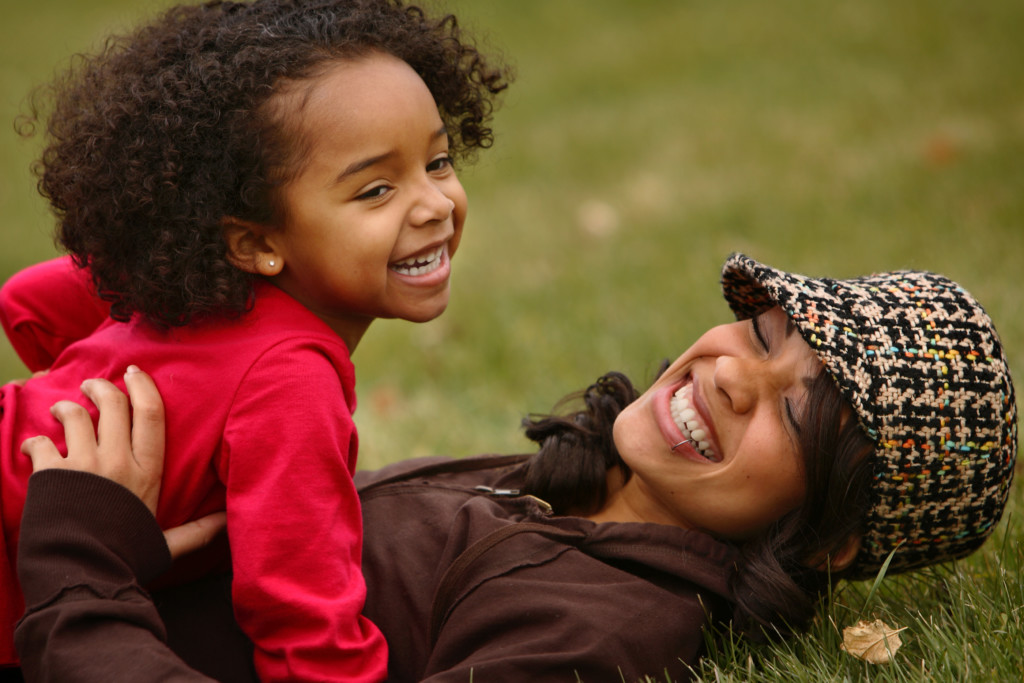 First published in The Natural Parent Magazine, New Zealand.
First published in The Natural Parent Magazine, New Zealand.
It’s easy for us busy adults to lose touch with all the amazing things happening when our child is playing. How easy it is to resist being playful with our children when we’re feeling so serious and stressed. There are many times throughout a day when young children especially need to be guided to pull back or move away from that which could otherwise lead to hurt, harm or injuries, but there’s an art to discipline without punishments or condemnation.
Children need loving limits AND they need your loving help to resolve some of the frustrations that drive chaotic behaviour. Without these two elements, you can expect more of the chaotic out of balance behaviour. Play is essential for resolving frustrations and body tensions. This article aims to explain how play is an important aspect of loving limits while bringing the vitality and healing power of play back to life for you.
Playing is an essential need for the child’s growth and development. It may appear that they’re “just” playing, but in reality, this is how they interact and relate.
Play is the way children make the world their own, exploring, making sense of all their new experiences and recovering from their upsets. – Laurence Cohen
The power of play is that children learn and grow best through the kinesthetic, full-body multi-sensory experiences that play provides. Play provides children with a rich world of physical, mental and emotional engagement. While playing the child’s brain is completely lit up and firing on all cylinders.
Another element that’s less understood is that play also has immense potential for healing and provides children with opportunities for the resolution of stress, insecurities and trauma.
Through their play children:
- Express and work through feelings they can’t yet make sense of. Think about the child enacting a two or three-way conversation with their dolls, action figures or puppets, either on their own or with a friend.
- Work to resolve fears and stresses. Think about the little child being pushed on the swing shrieking with laughter as they bravely shout “higher, higher!”. Or the older child constantly pushing their edges with their bike or skateboard tricks.
- Practice developing skills related to recent or anticipated challenges. For instance, the child adapting to preschool may enact similar scenarios with their toys. Or want to be the teacher telling their mum or dad to be the little kid who has to do what they’re told.
- Re-enact that which has been scary or confusing. The child who sees firefighters and big trucks at the scene of a fire will likely want to take on the same role in their play. Or build firetrucks with their lego and re-enact the scene.
- Release anxieties through laughter. Picture the little toddler bravely running in and out of the water at the beach.
- Develop their language and communication skills, social skills and problem solving skills
- Develop their creativity through imaginative play; children better listen to and practice exploring and enacting from their creative imagination.
- And so much more!
When we understand how vital play is to the child’s growth and development, we easily see the irony of children going to school “to learn” in crowded rooms where their movement and verbal expression is greatly restricted, but have breaks from their learning, during which time they get to play and laugh and shout out and freely interact with others!
Nature Play
The child’s relationship with nature is a very real, very alive and essential relationship in their life. Sadly many adults have lost the awe, beauty and excitement of their relationship with nature, but children are right there! When a child climbs a tree, they stretch and strengthen their muscles, develop their coordination, and explore their edges with height and balance. The child deeply bonds with the trees, rocks and natural materials and playscapes that they enjoy. They intimately connect with the shapes, textures and smells of the trees, rocks and landscapes they play in. Unlike playground equipment (which also offers much enjoyment to children), each branch of a tree has a different level of strength and flexibility. There’s a relationship, a two-way dynamic between the child and the tree.
Can you remember your favourite trees, rocks and rivers from childhood on your property or at a nearby park? Children who feel deeply bonded with the earth can feel more secure in their world and will likely grow up to want to care for nature. When children are bonded with nature, they can access a sense of security and familiarity in just about any setting where they get to explore and play in nature. Wherever that child goes throughout their life, they’ll no doubt be surrounded by grass, trees, rocks, hills, rivers and other aspects of nature that they’ve bonded with in childhood.[/vc_column_text]
Play allows us to develop alternatives to violence and despair, it helps us learn perseverance and gain optimism. – Stuart Brown
Children bring everything to their play!
Children have a huge appetite for fun and within this are many of their instinctive developmental urges to learn, understand, conquer and heal. The more a child is facing and conquering fear in a game, the bigger the laughter. The more hysterically funny the play will be when they’re:
- Being chased by the baddie, they’re touching on feeling and resolving their fears of being hurt or overpowered.
- Playing hide and seek, they’re touching on, feeling and partly resolving separation anxieties.
- Building sandcastles, or villages and ships with blocks, they’re developing amazing abilities in lateral and creative thinking and problem-solving.
- Able to knock you over in a game or a pillow fight. They laugh hysterically because it touches on and resolves feelings of smallness, helplessness, powerlessness. Plus, frustrations relating to feeling forced, controlled and overpowered.
You might also like to read Genevieve’s article Peacefully Parenting your Anxious or Resistant Child
Parents can easily learn to use play to create specific opportunities to help children overcome aggression, fears, inhibitions, separation anxieties and other specific stumbling blocks.
Most play happens naturally. But parents can learn more about how to interpret and further support their child’s developmental growth and healing through play.
More about the Healing Power of Therapeutic Play
For a deeper dive into what Therapeutic Play can look like and its benefits, you might also like this article: The Healing Power of Therapeutic Play
Power Reversal play
Children are play experts! Play is an area where kids are often much more skilled than us adults. They are less inhibited, have more energy and enthusiasm, and they definitely have more stamina! This is one of the many reasons why play can be an area where children can regain a lot of their dignity, confidence and self-esteem.
Download a list of Power Reversal Games from Laurence Cohen’s Playful Parenting, put together by Heather Stevenson
Power Reversal play dissipates tension
We see more of the power of play when we exaggerate any clumsiness, fears, awkwardness, and being uncoordinated. This which honestly doesn’t take much faking on my part, which my kids find endlessly amusing! Or we can feign forgetting how to count from 1 to 10 or remembering which colour is which.
It all dissipates tension relating to the frustrations of always being told what to do and what not to do. The frustrations of being smaller, younger, less knowledgeable and less competent in a big people’s world.
As much as our children want and need us to be their heroes and show strength, they also need to see our human-ness and vulnerability. It can greatly reassure them that they too are allowed to be less than perfect.
To learn more about bringing more play ideas into your daily parenting to dissipate power struggles, decrease defiance and aggression, increase cooperation and help your child heal from anxieties and insecurities, work through one or more of our Peaceful Parenting eCourses. Each course is rich with step-by-step guides to make it easy for you to master peaceful parenting.
Separation anxiety
Playing a game of hide and seek can help the child regain feelings of empowerment around reconnecting with their parent who has disappeared. The game allows a child to connect with the feeling of separation again. But this time they have more power in the situation to either find or be found. How cute when they hide behind the curtains calling out “I’m here”, just to be sure you don’t forget about them. The reconnecting in hide and seek (or peek-a-boo) usually elicits huge shrieks of laughter and that laughter has a lot of power to heal.
Facing fears
A mother of a four year old shared the following story with me.
“My son was nervous of putting his head under the water and feeling the pressure of this expectation from the swimming instructor. One day I decided to play around with it. I suggested he be the instructor but I really, really was not going to put my head under. We played and giggled and he cajoled me to try. Then he gave me a snorkelling mask so I could go under. As a wee boy with asthma I wonder if the fear of not being able to breathe is a strong one for him. The next swimming lesson he still didn’t put his head under, but he was much more relaxed and did put his chin and mouth under. More importantly, he was feeling so much more relaxed about something he’s always loved until these lessons: being in the water.”
More Play Ideas
- Invite your child to chase you as you feign fear of being captured by her. While she discovers that she can catch you!
- A pillow fight allows a child to get a lot of stress out of their system, while building the bond through laughter.
- Get him to push against the palms of your hands as you kneel in front of him. Let your resistance be enough to give him some struggle. But not too much that he can’t victoriously push you over in the end!
- A favourite in our family has been sock wrestling games (from Larry Cohen’s Playful Parenting book). Each person attempts to take the other person’s socks off. So much fun!
Dissipating power struggles
When a power struggle has developed between yourself and your child (or between siblings) you could play the push against your palms game (mentioned above). This is a great way for children to get some big frustrations out of their bodies. So often when my son or daughter were grumpy and out of sorts, I would just hold my palms up and invite him to push against me. Within seconds he’d be laughing hard out and there would be a marked improvement in his mood after that. A reminder again that it’s important to feel into the best balance between offering resistance, but yielding to let them succeed in pushing you backwards.
Stress-releasing laughter expressed during connection-rich play can reduce, or even eliminate, the child’s urges to release pent-up emotions through aggression.
Games such as these help a child connect with the frustration in their belly and other parts of the body where tensions are held. This kind of game gives a child the chance to “push against you” while having a chance to struggle, growl and laugh. Laughter in this context can be profoundly healing and bonding. You could also invite your child to join you in placing both palms on the wall and then pushing against the wall, as another fun way to get the frustrations out and have some good quality releasing growls!
A mother of a five-year-old and a three-year-old shared the following story:
My kids used to race one another to the car and push and cry if they weren’t first. This was never a good start to any journey, so I began being dramatically upset that I was last and would feign crying. They thought it was hilarious and soon would prompt me to “be sad ’cause you’re last”. They joined in laughing at me and after playing this a few times they forgot about who was first.
Fear-inducing games can be either therapeutic or increase insecurities
These kinds of games can help to shift the parent and child out of stuck power struggle dynamics.
Playfully holding a child captive just enough for them to feel your resistance, but making sure they can escape can be healing and genuinely fun. However, our sensitivity to our child’s vulnerability and the age / size / weight / power differences are especially important in play. Other such activities can be to throw the child onto the bed, or hold them upside down. These activities that relate to the child feeling powerless (even momentarily) can activate the child’s fear response, and can be either therapeutic or increase insecurities and fears. It’s very important that the parent sets up such games in a way that the child can exit the situation at any moment, and that they’ve given their consent in the first place. You can, for instance, play the game of holding them tight and they have to escape, and this can give them a very therapeutic outlet to feelings of powerlessness and the fear of being restricted, as long as it’s done in a way that’s truly in tune and sensitive to the child’s needs.
It’s important for parents to be aware that a child laughing doesn’t always mean that they are enjoying the activity as nervous laughter can be an automatic response to feeling scared.
Children who are struggling with stress or unhealed trauma often act aggressively, resist bedtime, or refuse to cooperate. Helping children heal from stress is therefore an important part of non-punitive discipline. – Aletha Solter PhD in Attachment Play
Mocking a child isn’t funny
Sometimes parents will use an approach that looks similar but with the intention of mocking their children for squabbling. It’s important to differentiate the two approaches; one is intended to, and will likely have the result of, mocking (i.e. shaming).
The other, as in the above mum’s example, is intended to connect with the kids in this area of struggle and upset for them and facilitate some stress-releasing laughter. With the understanding that it’s often the stress caused by such challenges which causes kids to fixate. They each want to feel better by winning the race to the car. Yet the game gives them another avenue to feel better, hence dissipating the power struggle.
Adults so often get annoyed at kids when they argue, forgetting that these upsets are very real, very big and challenging for children. They need our support, or at least for us not to intensify their upset feelings by imposing our criticisms on them.
Mocking often makes other family members laugh at the expense of the one being mocked. It breaks down connections, erodes trust and can be humiliating. When a parent mocks another family member, they are giving their child permission to do the same.
Laughter heals us and heals our children
Laughter can help children release frustration and anxiety relating to the effects of adult pressure, high expectations, criticism, rejection or anger. Through their play, children can build resilience and confidence for future challenges. When you sit on the floor playing with Lego with your four-year-old, or let your teenager show you some funny YouTube clips, you bring back lightness and connection and meet your child in their world. Laughter and fun with our child can also bring relief to the seriousness and hard work of our adult world and remind us of the simple joys of life again.
To learn more about the developmental and therapeutic values of play, I highly recommend Playful Parenting by Larry Cohen and Attachment Play by Aletha Solter. The books page on our website also has further reading on the power of play.
Much of my inspiration on the subject has come from these two psychologists and authors. Their books are filled with insights into the inner world of the child. And I’m on a continual learning journey in this area in my own family and with the families who I have the privilege of helping. [/vc_column_text]
The original version of this article was first published in The Natural Parenting Magazine
Genevieve Simperingham is a Psychosynthesis Counsellor, a Parenting Instructor and coach, public speaker, human rights advocate, writer and the founder of The Peaceful Parent Institute. Check out her articles, Peaceful Parenting eCourses, forums and one-year Peaceful Parenting Instructor Training through this website or join over 90,000 followers on her Facebook page The Way of the Peaceful Parent.


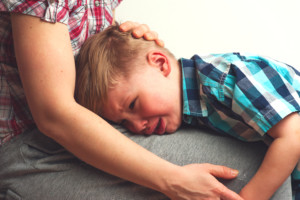
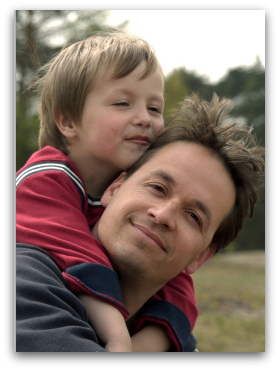

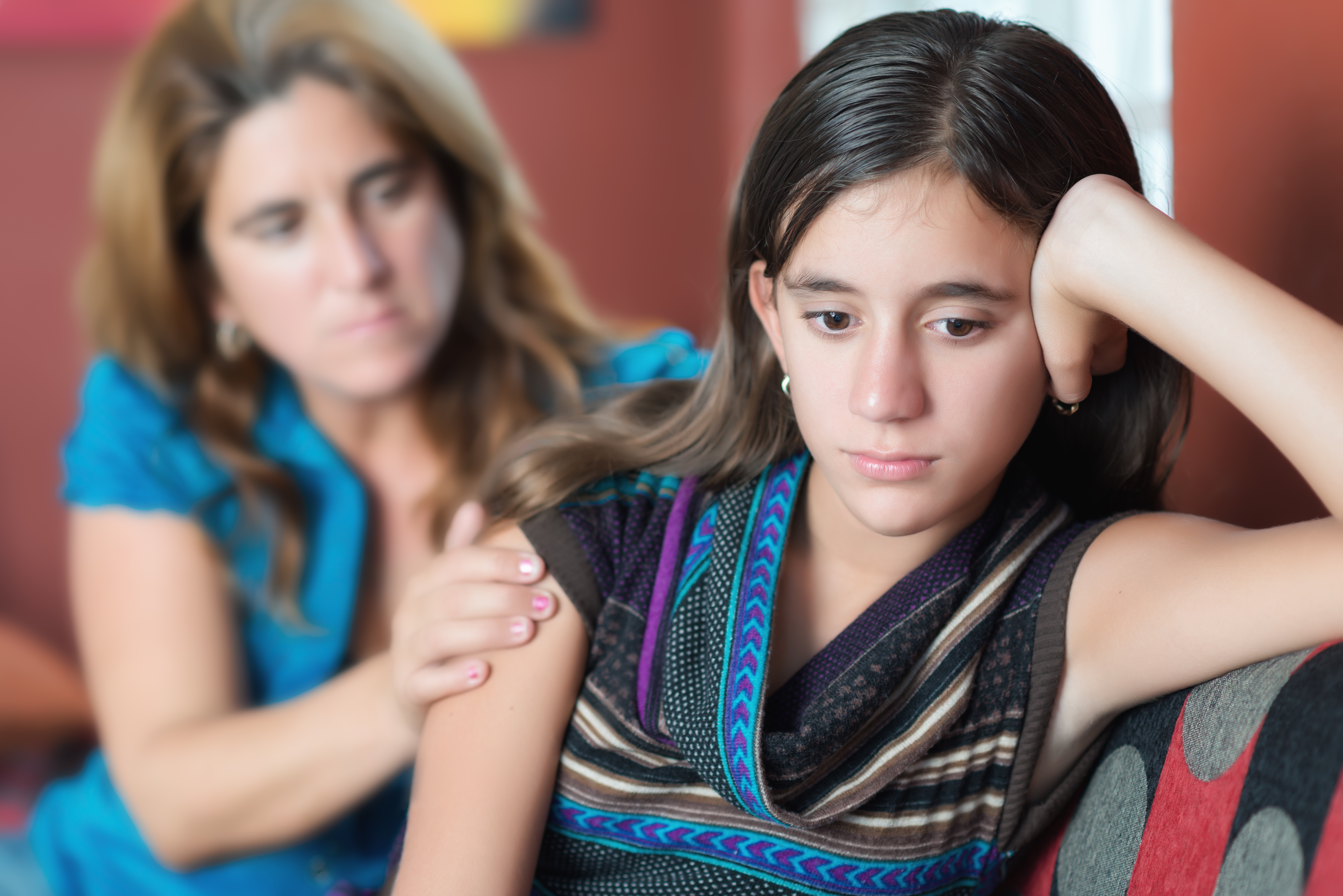
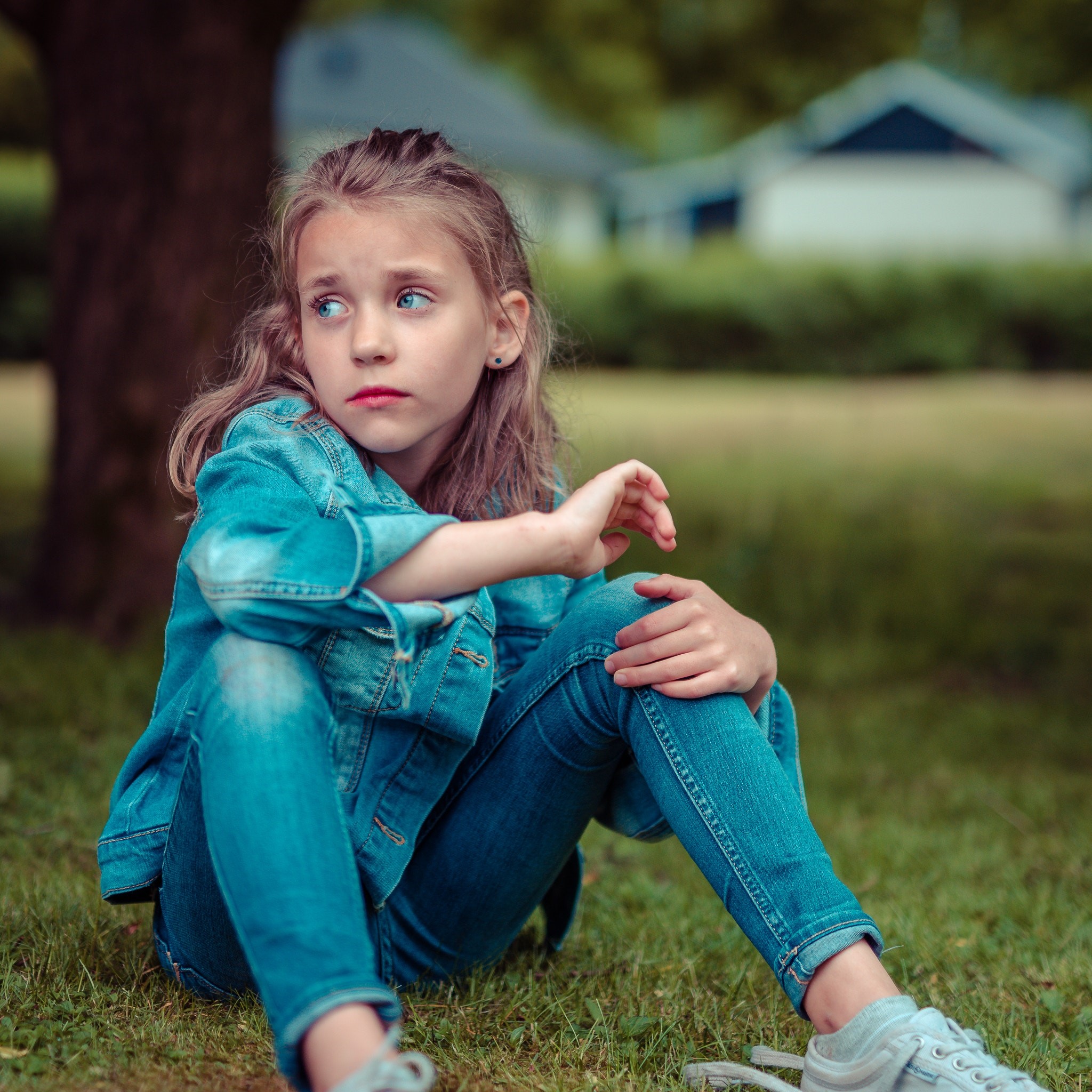


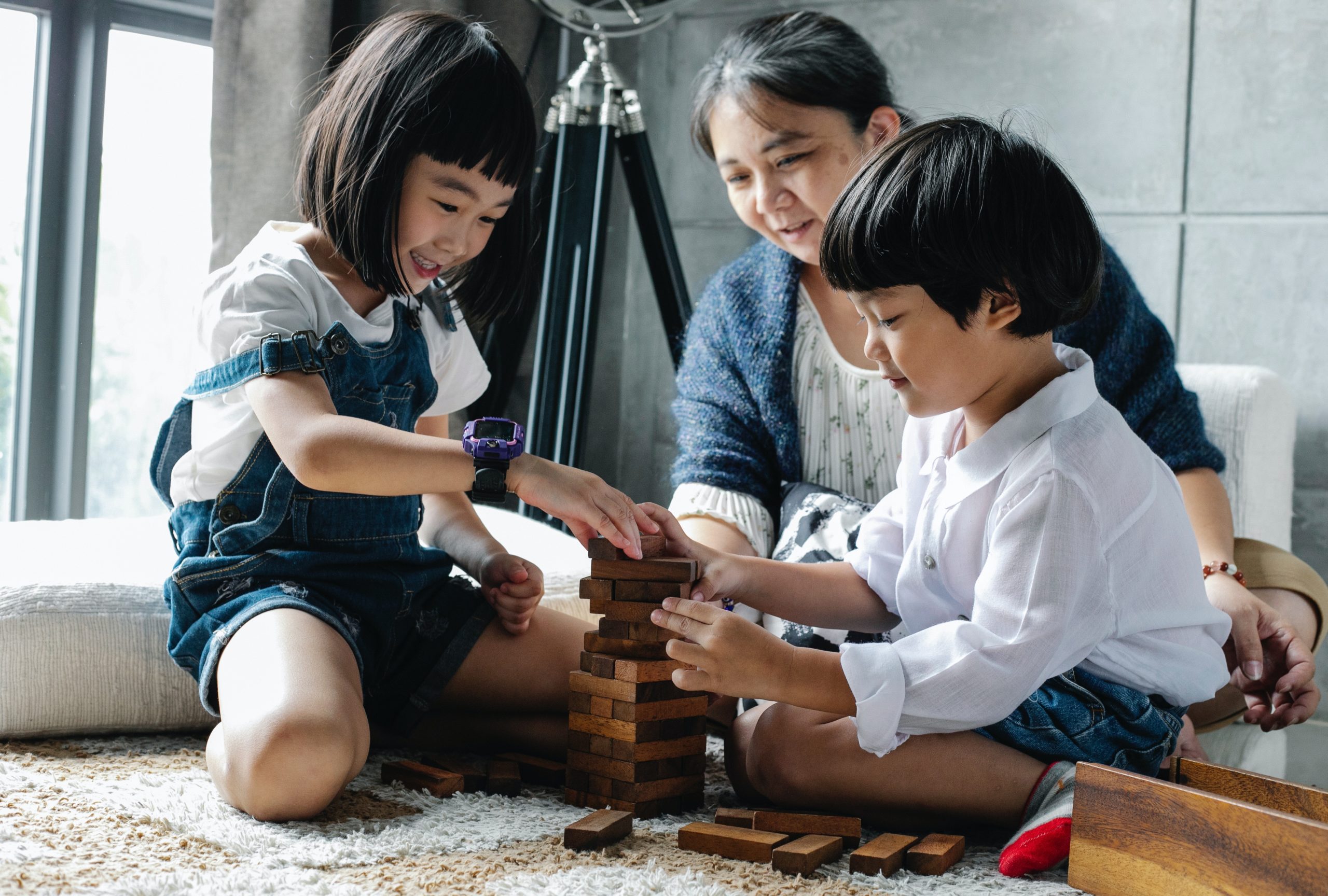
[…] You might also like to read Peacefully parenting your anxious or resistant child. You can also read about the ways that you can help your child resolve anxieties and other difficult feelings through play; The Power of Play. […]
Very helpful article, thank you. Just to let you know the link to power reversal games no longer works 🙂
Hi Rebecca, the link works again now.
[…] Laughter heals and dissipates tension. Another really effective way of helping them get their frustrations out is to invite them to push against your hands as you kneel in front of them, this will bring frustrations to a head and they'll either growl or laugh, either way, it'll be a release. Or put a huge cushion in front of you and invite them to push really hard against the cushion. Or sit with your back against the wall also with a big cushion (for added protection for you both) and invite your child to sit on your knee, and push backwards with their bare feet on the ground. These all help the child release that ball of frustration from their belly or chest. For more ideas read The Power of Play. […]
[…] child's not interested in cooperating, they're very likely to change their mind if you manage to make it fun! If they still don't want to, avoid using force or coercion and don't worry that they'll never […]
[…] Releasing and resolving tensions through power reversal games. Power reversal games are great for helping children resolve frustration and can help to break down fears and distrust in a relationship. When a parent playfully takes the less powerful role by acting childish, goofy, silly, unaware, unintelligent, uncoordinated or allowing their child to win or overpower them in games, it can help to dissolve feelings of powerlessness. Power reversal games can resolve feelings of powerlessness: Invite him to pretend to be the one giving YOU medicine, the more you can exaggerate being scared or it hurting in as goofy a way as possible, the more therapeutic the laughter can be. It's called power reversal play and for that matter, any power reversal play you do with him will help her to work this inhibition/ resistance he's developed out of his system. Read more about the healing power of Power Reversal Games in my article The Power of Play. […]
[…] Do they need some connecting hugs? Or you could put on that silly voice or exaggerated facials that they so love to bring in some giggles and dissipate some of that tension. […]
[…] When a child builds up a lot of pent-up stress and frustration, they need our help releasing it from their system. Some of the natural and instinctive ways that a child can release and resolve big feelings are through venting. Be it talking, crying or even raging (when enraged) and feeling heard and held. Another great release of stress, frustration, fears and tensions, in general, is through affection, fun and laughter. […]